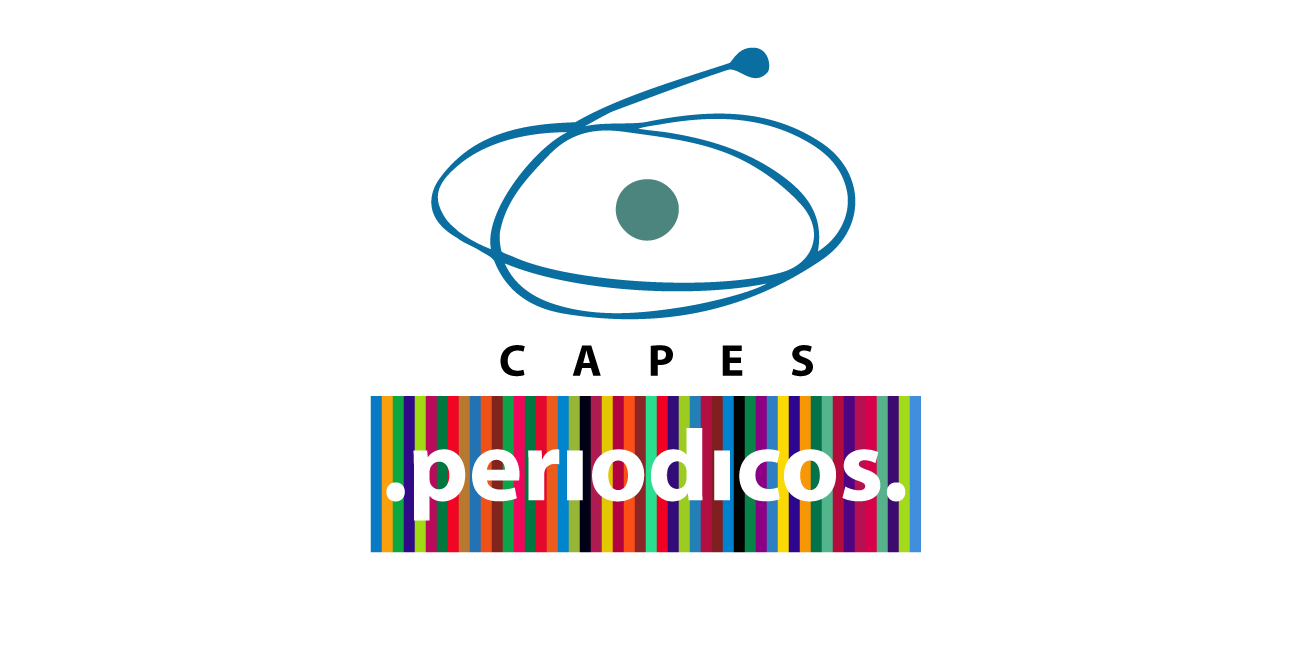THE ECONOMIC RIGHT TO ELECTRICITY: BILL VARIATIONS AND MARKET FAILURES
DOI:
https://doi.org/10.17765/2176-9184.2015v15n2p493-515Keywords:
Market Failures, Economic Development, Electric EnergyAbstract
The successive variation in electricity bills in Brazil and its relationship to market failures are analyzed. The theoretical and descriptive method was employed to understand the rules regulating electricity bills, from the juridical and economical point of view, and the bibliographic research on the theme. The induction method is also applied since it deals with current affairs lacking a fixed understanding but of great importance to fill the gaps about what is not debated in society. Several doctrinal notions on the basic models of economic systems were examined to verify the emergence of the market, among other things. The essay focuses on market failures with special emphasis on externality with its positive and negative effects. The ICMS tax and its importance for the Brazilian states are also analyzed. The government´s rule for reduction in electricity bill had more positive than negative externalities even though lack of planning increased electric energy consumption in a short period and jeopardized the entire population.Downloads
Additional Files
Published
2015-11-30
How to Cite
Pinto, A. G. de A. V. e, Perin, G. R., & Duarte, F. C. (2015). THE ECONOMIC RIGHT TO ELECTRICITY: BILL VARIATIONS AND MARKET FAILURES. Revista Jurídica Cesumar - Mestrado, 15(2), 493–515. https://doi.org/10.17765/2176-9184.2015v15n2p493-515
Issue
Section
Doutrinas
License
A Revista se reserva o direito de efetuar, nos originais, alterações de ordem normativa, ortográfica e gramatical, com o intuito de manter o padrão culto da língua, respeitando, porém, o estilo dos autores. As opiniões emitidas pelos autores são de sua exclusiva responsabilidade.
Os direitos autorais pertencem exclusivamente aos autores. Os direitos de licenciamento utilizado pelo periódico é a licença Commons Atribuição 4.0 Internacional. São permitidos o compartilhamento (cópia e distribuição do material em qualquer meio ou formato) e adaptação (remixar, transformar, e criar a partir do trabalho, mesmo para fins comerciais), desde que lhe atribuam o devido crédito pela criação original.
















